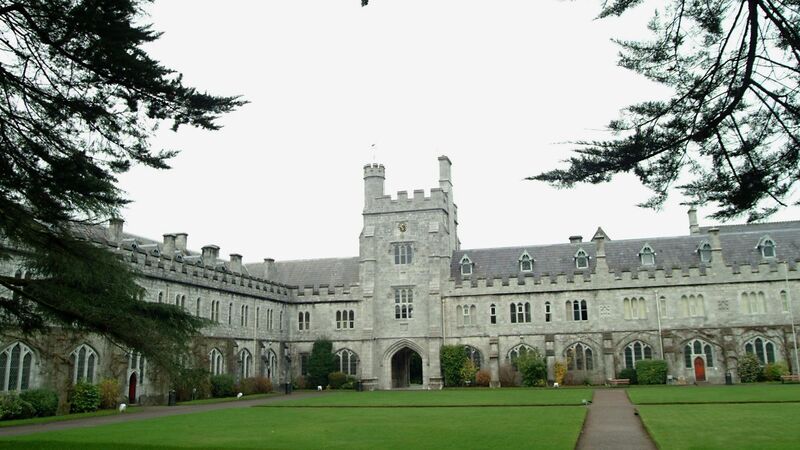Irish Examiner view: We cannot take our universities for granted

University College Cork is one of many third-level institutions which does not know what funding will be available from year to year. Picture: Larry Cummins
We have, perhaps foolishly, always thought of our third-level education system as one which could be taken for granted. That is a luxury we can no longer afford to delude ourselves about. As the sector which has contributed so much to Ireland’s development as a nation, but also to our economic wellbeing, the university system has been a critical component and one which we cannot afford to see diminished.
In this newspaper yesterday, Sean O’Driscoll, the head of the Economic and Social Research Institute (ESRI) painted a grim picture of a core funding crisis in the sector.













